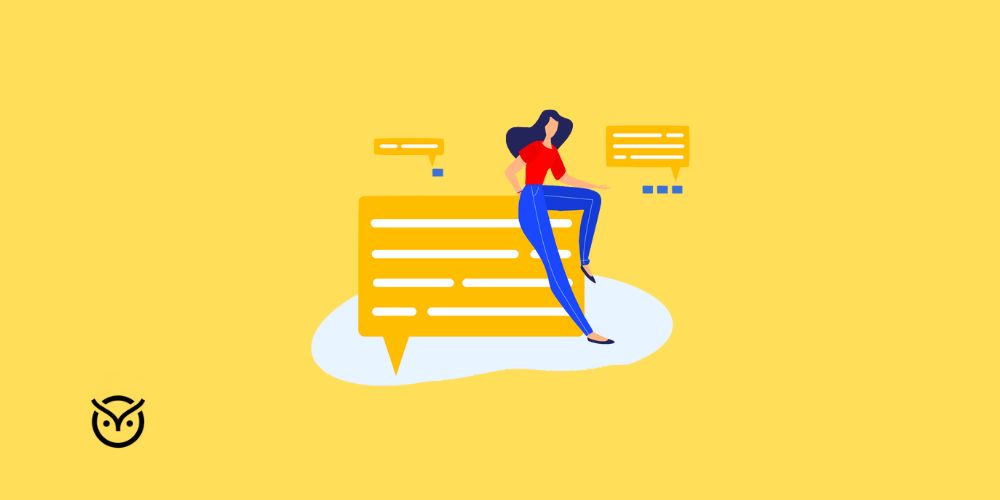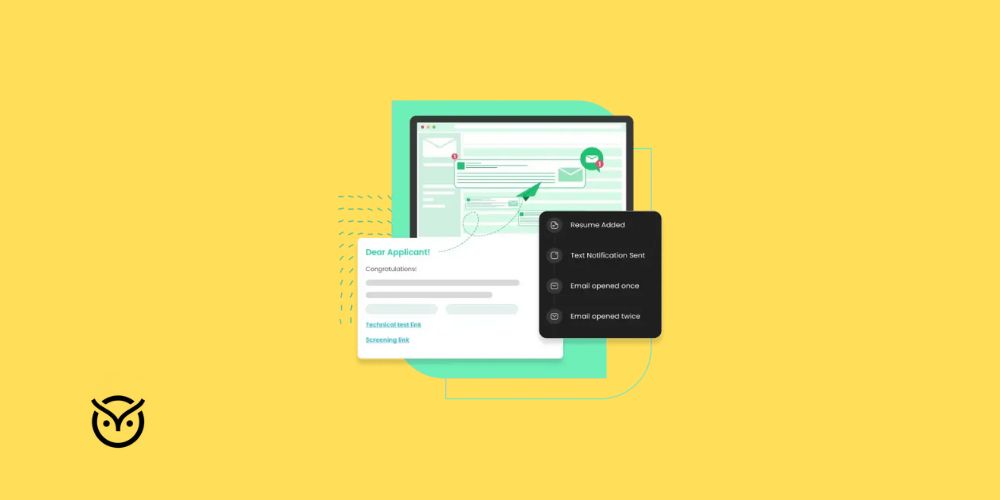
TL;DR
- Learn how to improve interview skills to boost confidence and clarity.
- Strong communication skills in interview settings make you memorable.
- Use the STAR method to structure answers.
- Active listening matters just as much as talking.
- Avoid rambling, rushing, or sounding rehearsed.
- Practice with mock tools, feedback, and real questions.
So you finally landed that interview, but then came the awkward silences, the rambling answers, and the unsure handshake. You’re not alone. Most people never formally learn how to improve interview skills, which means even qualified candidates can struggle to present their best selves.
The best part is, interviewing isn’t something you’re just born good at. It’s something you can actually get better at with the right approach. If you’ve been asking yourself how to improve my interview skills, or simply want to feel more confident going in, this blog gives you 10 practical tips to help you get there and show up ready to stand out.
Why Interview Skills Matter
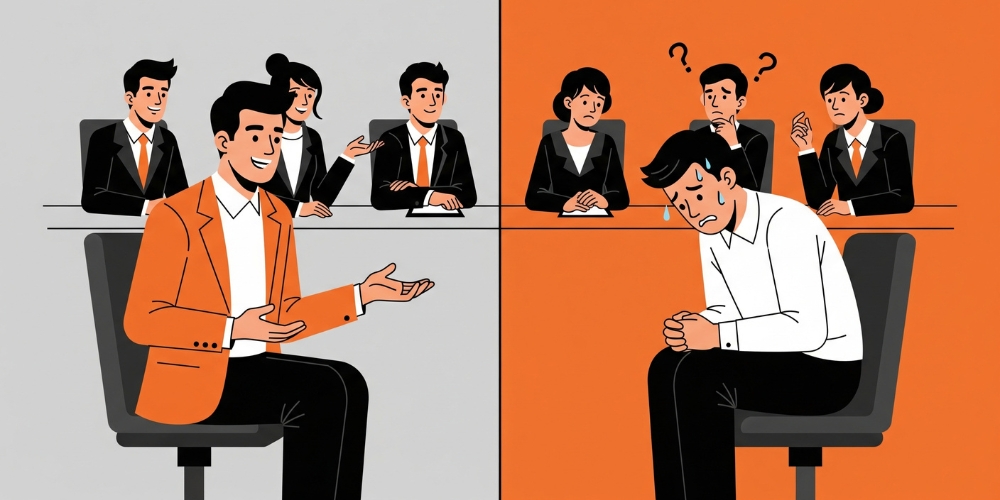
Let’s face it: a job interview is not just a conversation. It’s a performance. And like any performance, interviewing skills taught through real-world techniques and practice can dramatically raise your chances of success.
Employers today aren’t just scanning your resume. They’re looking at your communication and interviewing skills, your ability to think on your feet, and how well you align with their team. 67% of hiring managers say that candidates fail interviews due to a lack of eye contact, 33% say it’s due to poor posture, and 38% due to weak communication. These are all elements you can work on through proper interviewing skills training.
Moreover, communication skills in interview settings aren’t just about speaking clearly. They include listening, empathy, and clarity. Being a good listener, for example, helps you respond with relevant answers and demonstrate genuine interest. As the saying goes, listening during an interview is just as important as talking.
The Advantage of an Interview
A successful interview doesn’t just help you land a job. It gives you the advantage of interview experiences that compound over time. Each interview helps you refine how you tell your story, explain gaps, and present the characteristics of job interview performance that employers value most: preparedness, clarity, enthusiasm, and authenticity.
Companies increasingly recognize that resumes can be enhanced with AI, which is why your interviewer resume (i.e., how you present yourself to the interviewer) now holds more weight than ever. So knowing how to improve on interview skills can make a real difference.
Swipe This Resume: Hire or Pass?
Name: Alex M.
Quote: “I’m great at multitasking and vibing with teams 😎”
Skills: Teamwork, Canva, Slack, PowerPoint
10 Ways to Improve Your Interview Skills
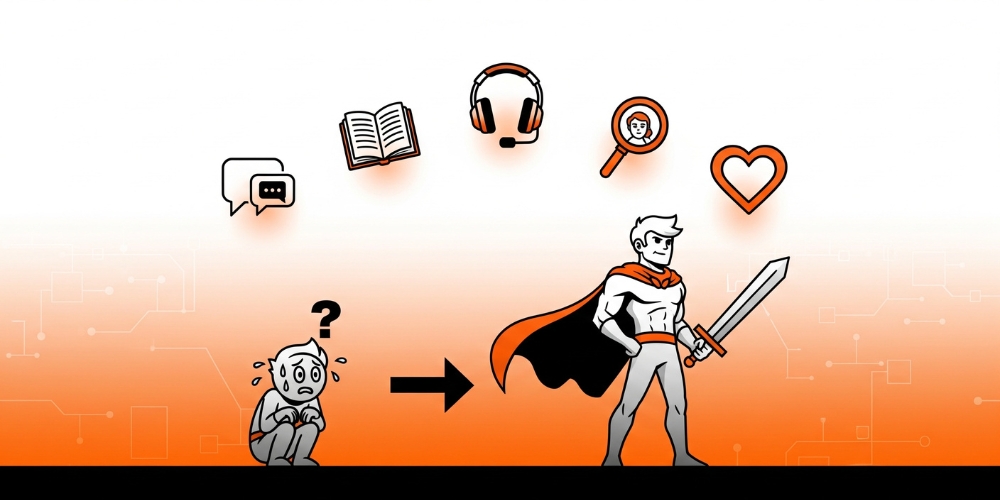
Learning how to improve interview skills isn’t about memorizing answers. It’s about building self-awareness, mastering communication, and practicing techniques that help you show up with clarity and confidence. Below are 10 proven, actionable ways to get there.
1. Research the Company Like You’re Applying to Run It
Knowing the company inside out helps you tailor your answers to what they care about. Go beyond the About page. Check press releases, read customer reviews, explore recent projects, and scan employee reviews on platforms like Glassdoor. This shows initiative, one of the best skills to mention in interview settings.
Prepare three personalized insights or questions to bring up during the interview. This demonstrates interest and sharp communication and interviewing skills.
2. Understand the Role (and Speak to It)
A generic answer doesn’t cut it anymore. Use the job description as a map. Identify what they really want: leadership? adaptability? problem-solving? Then connect your experience directly to those needs.
For each line in the job description, write one sentence about how you’ve done that before. This also helps you reinforce communication skills in interview conversations.
3. Tell Better Stories Using the STAR Approach
STAR = Situation, Task, Action, Result. It’s one of the most effective interview techniques for interviewers and interviewees alike because it keeps answers clear and structured.
Example: “When I led our Q2 marketing campaign (S), we had tight deadlines (T). I restructured the calendar and created a cross-functional check-in system (A), which helped us launch on time and beat goals by 18% (R).”
This technique improves how you frame answers and helps you focus on what qualities the job seeker should communicate to the interviewer, such as initiative and problem-solving.
4. Practice Active Listening
Most people think interviews are about talking. But good interviewing communication starts with listening.
Practice reflective listening. Repeat part of the interviewer’s question in your answer to show understanding. For example: “That’s a great question about remote collaboration…”
5. Refine Your Body Language
Sit upright, smile naturally, and maintain comfortable eye contact (without staring). Record yourself in a mock interview. Check your posture, facial expressions, and hand movements. Small tweaks can boost your confidence and your first impression.
6. Master the Art of Pausing
You don’t need to answer immediately. Thoughtful pauses show composure, not weakness. In fact, taking 2–3 seconds to think leads to more structured and confident answers. When practicing, train yourself to pause and breathe before answering. It improves clarity and reduces filler words like “um” or “you know.”
7. Get Feedback From Someone You Trust
Sometimes you don’t realize you ramble or avoid eye contact. A second opinion can help. Whether it’s a mentor, a friend, or a coach, outside feedback sharpens your self-awareness. Ask someone to do a 15-minute mock interview with you. Record it. Ask them to focus on communication and interviewing skills, tone, and clarity.
8. Brush Up on Your Verbal Clarity
Learning how to improve communication skills for interview purposes includes being concise. Avoid jargon. Practice explaining your experience as if you’re talking to a high schooler. This helps employers from any background understand your value. Choose three achievements and explain them in 60 seconds or less. Practice in front of a mirror or voice recorder.
9. Tailor Your ‘Tell Me About Yourself’ Answer
Shape your response to “Tell me about yourself” in a way that leaves a strong first impression. Keep it short and connect your background, what you’re aiming for now, and how that fits with what the company is looking for. Craft a 60–90 second story that connects your personal values with the role. This is one of the top interviewing skills taught in professional training programs.
10. Know What to Highlight and What to Leave Out
Not every detail is relevant. Your job is to highlight skills to mention in interview discussions that match the role. Prioritize clarity over quantity. Choose 2–3 core traits (e.g., adaptability, team collaboration, creativity) and build your responses around those.
Bonus: How to Practice Without a Real Interview
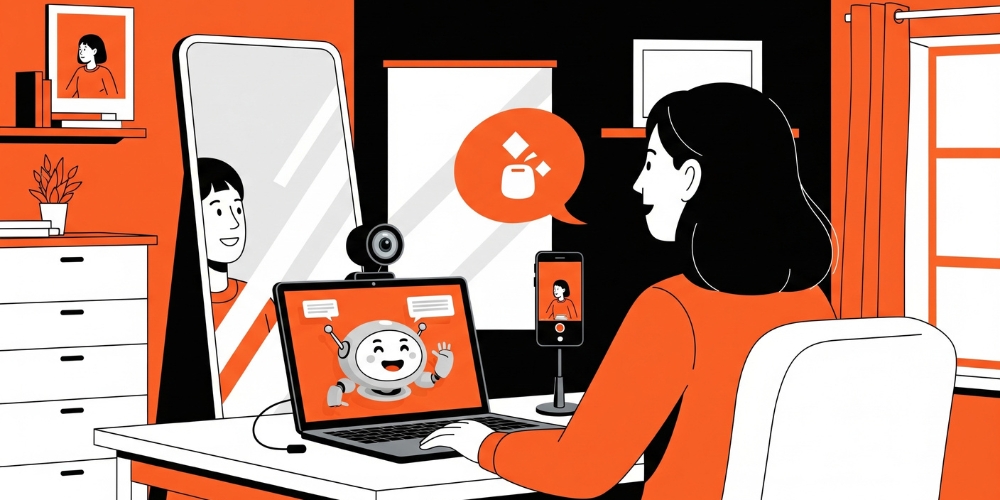
Even if you don’t have any interviews coming up, you can still get better at it. Below are some simple, low-pressure ways to build your interviewing skills training on your own.
Talk to Chatbots or AI Interview Simulators
Tools that simulate real questions and help you improve on your interviewing communication. You get instant feedback on word use, filler words, and sentence structure.
Record Yourself Answering Common Questions
Use your phone camera or voice memo app. It’s uncomfortable at first, but it’s one of the fastest ways to improve. You’ll catch rambling, awkward pauses, or confusing phrases instantly.
Write Your Answers Like a Script Then Rewrite
Script out answers to common questions, but don’t memorize. Instead, rewrite them in simpler language, like you’re explaining to a friend. This helps bridge the gap between polished and natural.
Shadow Job Interview Videos
Watch YouTube mock interviews. Observe what works and what doesn’t. Pause and answer the questions yourself before hearing the candidate’s answer.
Look for subtle elements such as how they close answers, their transitions, and their posture. These elements are often missing from basic interview techniques.
Use Voice Assistants for Practice
Ask Siri, Alexa, or Google Assistant to ask you random questions (or even joke prompts). While not job-specific, they help you practice thinking out loud under pressure.
What to Avoid in an Interview
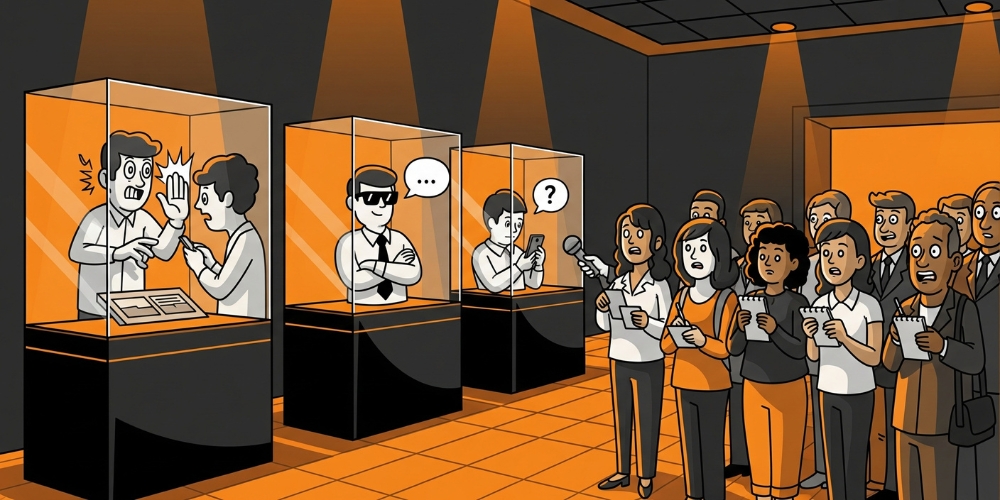
You’ve practiced and polished your resume, but small missteps can still trip you up. If you’re focusing on how to improve your interview skills, it’s just as important to know what to avoid.
Rambling
Going off-topic can make you seem unprepared. Employers want clear, focused answers. This is where communication and interviewing skills shine, answer concisely and with relevance.
Talking Too Fast or Too Much
Did you know that 33% of interviewers consider talking too much a major red flag? When you’re nervous, it’s easy to rush. But pacing matters.
Pause between questions. Controlled breathing helps calm nerves and improves clarity in interviewing communication.
Being Too Modest or Too Arrogant
Striking the right tone matters. Downplaying your achievements can make you forgettable, while overconfidence can seem tone-deaf. The goal is to show confidence with humility.
Back your claims with facts, not fluff. Instead of saying, “I’m the best at sales,” say, “I exceeded quarterly sales targets by 30% for three consecutive quarters.”
Failing to Ask Questions
Interviewers expect you to ask questions. Not doing so may signal disinterest or poor preparation. It also robs you of the chance to gauge if the job is the right fit for you.
Prepare three thoughtful questions based on your research. It demonstrates that you understand interview techniques.
Ignoring Non-Verbal Cues
If the interviewer looks disengaged or confused, adjust your tone or shorten your answers. Remember, listening during an interview is just as important as talking.
Watch for changes in body language. If you get the feeling the interviewer is starting to tune out, then you have to try changing your tone or keeping your answers more focused.
Spot the Red Flag: What Should You Avoid Saying?
Conclusion
Mastering how to improve interview skills takes time, but it’s an investment that pays off for every role you pursue. Whether you’re working on how to improve communication skills for interview settings, brushing up on body language, or just trying to feel less nervous, each small improvement makes you a stronger, more confident candidate.
Interviews aren’t just about proving you’re qualified. They’re about building trust, showcasing your personality, and helping the employer see you as a future teammate. Think of it this way: you’re not just applying for a job, you’re auditioning for a place in their story.


